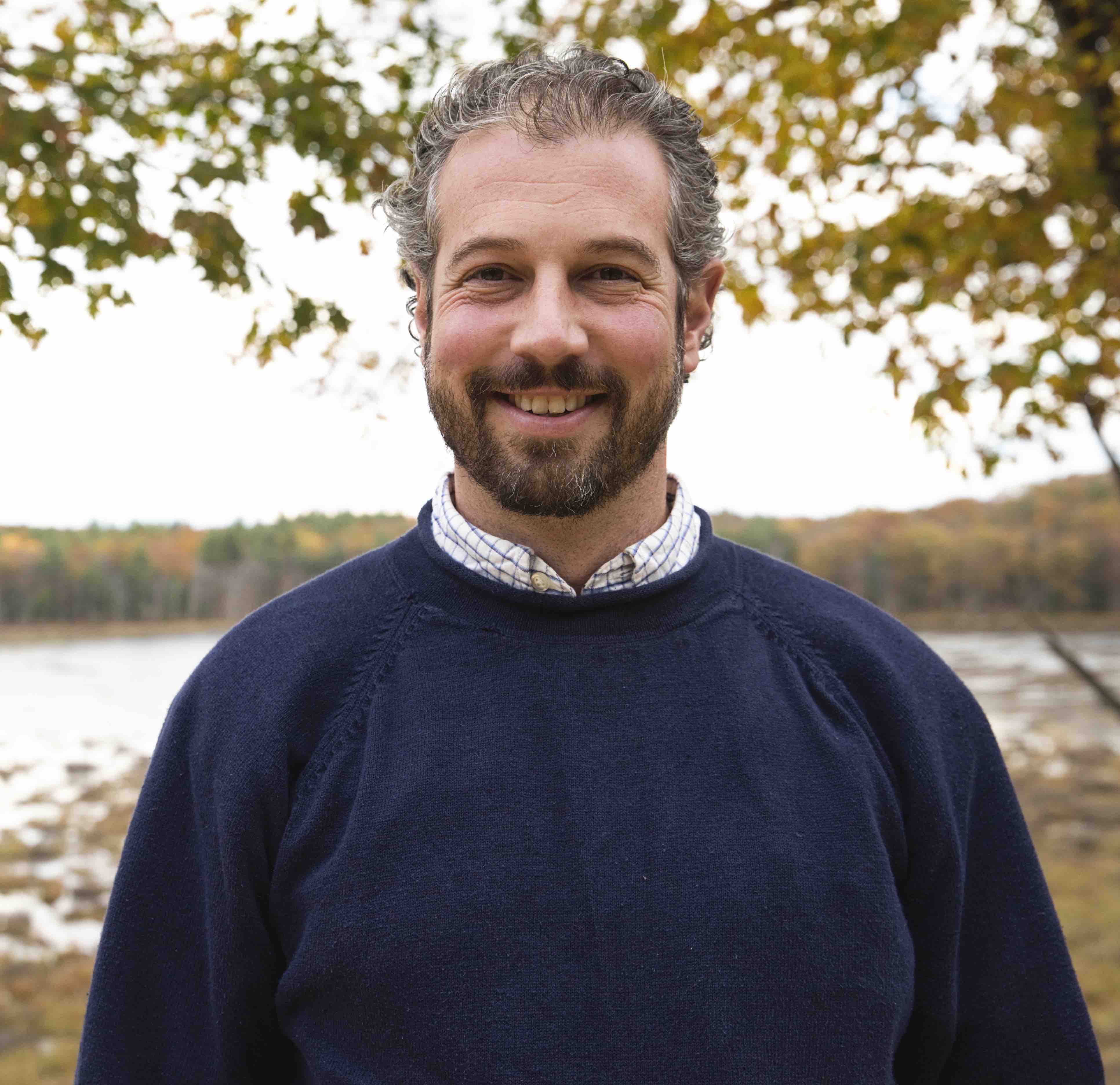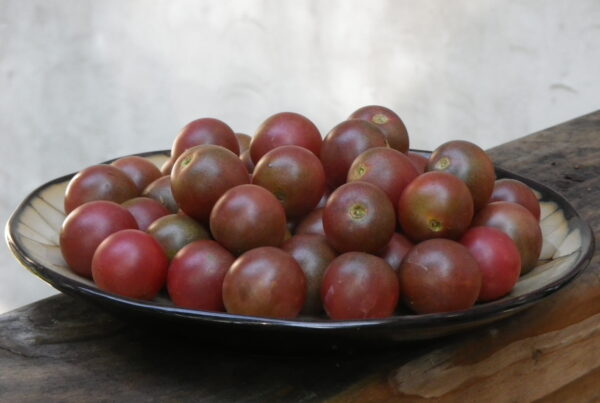Racial Equity is Integral to Sustainable Agriculture and Food Systems
Written on Juneteenth, June 19, 2020
The tragic murder of George Floyd and the disproportionate impact of the coronavirus on African Americans and other people of color have launched a nationwide dialog about structural racism, how it perpetuates inequities in wealth, opportunity, health care, food security, and law enforcement, and how to move our society toward true racial equity and justice. Sustainable and organic farming advocates have joined the conversation, seeking to identify how we can actively dismantle racial inequities within the US agriculture and food systems.
What is “structural racism”? Recently, my eyes were opened to one example. Federal conservation programs primarily serve land owners and pay participants on a per-acre basis. Because of the huge disparity between whites and African Americans in land ownership, black farmers are under-served by these programs, regardless of how sincerely program administrators want to deliver their services equitably. This is just one of many ways in which centuries of history have woven “structural” racial inequity into the fabric of our society.
Today, I received the following e-news brief from my good friend and former NSAC and OFRF colleague Ariane Lotti. Ariane now manages Tenuta San Carlo farm in Tuscany, Italy, producing organic rice and specialty grains. She writes:
“Black Lives Matter.
“The concept of sustainability is often broken down into three parts – economic, environmental, and social. And while the first two parts are a significant challenge, it is the third factor where we often fall short.
“What do we mean by social sustainability? To learn more, read Ariane’s latest blog post.”
Next steps? Speaking for myself as a white American, and one better versed in soil analysis than in facilitating social and racial healing, my next step is to step back and listen. Following are some resources for black farmers and their allies:
- Southeast African American Farmers Organic Network, https://saafon.org/.
- The Federation of Southern Cooperatives, https://www.federation.coop/.
- Soul Fire Farm, http://www.soulfirefarm.org/.
- Soul Fire Farm founder Leah Penniman, author of Farming While Black, and keynote speaker at the 2018 VABF Conference.
National Sustainable Agriculture Coalition (NSAC) has posted an eloquent statement on sustainability and racial justice at https://sustainableagriculture.net/blog/there-is-no-future-for-sustainable-food-and-farming-without-racial-justice/.
Special Opportunity: Please join us
A Listening Session to Help Shape
Future Innovation in U.S. Agriculture
Tue, Jun 30, 2020 1:00 PM – 2:30 PM EDT
We invite you to a virtual listening session to help shape agricultural research priorities for the next three decades.
Earlier this year USDA released its Agriculture Innovation Agenda (AIA) initiative, a framework to “stimulate innovation so that American agriculture can achieve the goal of increasing production by 40 percent while cutting the environmental footprint of U.S. agriculture in half by 2050.” The National Sustainable Agriculture Coalition (NSAC) will be submitting recommendations to USDA on its framework by the comment deadline, August 1, 2020.
Participants in our listening session will have the opportunity to discuss the biggest challenges they face and opportunities for optimizing agricultural productivity and resilience, strengthening economic viability, and decreasing the environmental impact of our nation’s farms and ranches. This listening session is co-hosted by the National Center for Appropriate Technology and Organic Seed Alliance in partnership with the National Sustainable Agriculture Coalition. Your input will be shared with the USDA to directly influence the department’s Agricultural Innovation Agenda, including objectives for public- and private-sector research and development. We will also help participants submit their own comments directly to USDA.
To participate in this listening session, register at:
https://register.gotowebinar.com/register/6640983569168787472
Organic Farming Survey Remains Open through June 30
Are you either a USDA certified organic farmer, or undertaking a transition to organic production? If so, the Organic Farming Research Foundation (OFRF) and Organic Seed Alliance (OSA) want to hear from you! What are your organic farming research and plant breeding needs and priorities.
Let us know through the VABF web site, https://vabf.org/. Click on the survey as it scrolls by on the banner near the top of the home page. It is the 4th item to appear, after the COVID 19 resources link.
Farmers’ Letter on Climate Change
Yes, NSAC is still gathering signatures on this letter, whose release was delayed by the COVID-19 crisis. Delayed but by no means forgotten – climate change is still with us, and there is no vaccine for it. If you have signed, thank you! If not, and if you meet the USDA definition of “farmer” (making at least $1,000 gross annual proceeds from farm products), you can sign on at https://vabf.org/. Click on the link as it scrolls by – it comes right after the organic survey.
USDA NRCS Expands On-Line Service at Farmers.gov.
|
Clean Lakes, Estuaries and Rivers (CLEAR) Offers 30-year Contracts
Open for enrollment from July 6 until August 21
Inquire at your local FSA office
Since 2017, the USDA Farm Services Agency (FSA) has offered a Clean Lakes, Estuaries, and Rivers (CLEAR) program, which compensates farmers for taking land management measures to protect water quality in ecologically sensitive watersheds. This summer, FSA is offering 30-year contracts through its CLEAR-30 program, specifically in the Chesapeake Bay Watershed and the Great Lakes region. If you are located within the Chesapeake Bay Watershed, you may qualify. For more information, visit the NSAC blog post on the program at https://sustainableagriculture.net/blog/enrollment-opening-soon-farmers-in-chesapeake-and-great-lakes-watersheds-encouraged-to-apply-for-clear30/.
Resource
Southeast Seed Summit Recordings Available On-line
The Organic Seed Alliance coordinated a series of presentations on organic plant breeding, cultivar development, and seed production and saving at the November 2019 Carolina Farm Stewardship Association’s annual conference. You-tube video recordings of these presentations are now available at:
https://www.youtube.com/playlist?list=PLl8P8FP76DGovEOqnUWhtHgYfYArfw6Xd
Presentations include:
- Vegetable Crop Selection for Seed Production in the Southeast
- Minimizing Seed-Borne Plant Disease
- Regional Pest, Disease and Climactic Factors in Southeast Seed Production
- Growing Field Crop Seed in the Southeast
- Seed Economics Panel
- On-Farm Variety Trials
- Growing Vegetable Seed in the Southeast
Shared by
Jared Zystro, PhD, Research and Education Assistant Director, jared@seedalliance.org, 707-502-9984
Organic Seed Alliance http://seedalliance.org






